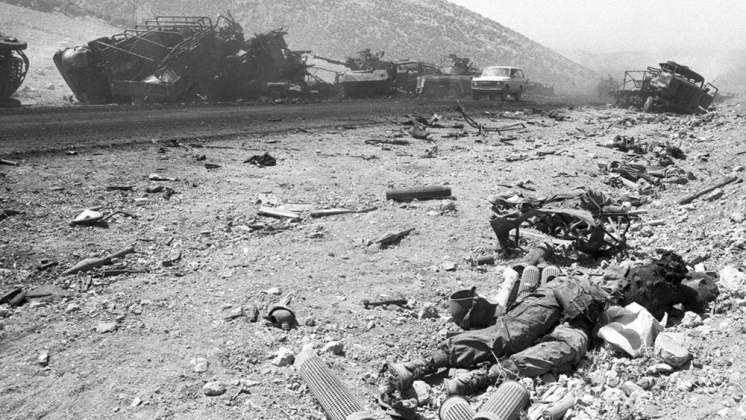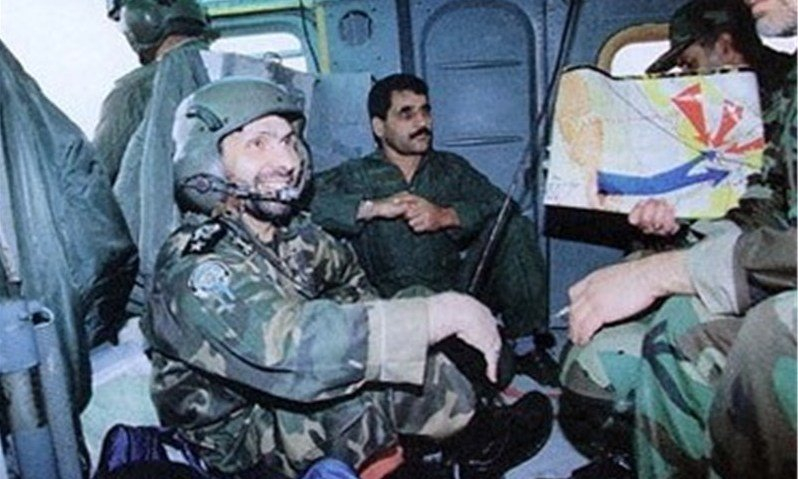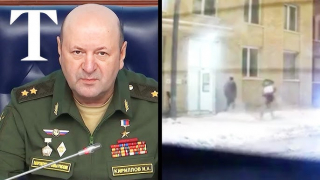Anniversary of Iranian Mersad Operation, an Operation that Became the Nightmare of MEK Terrorists
26.07.2020
Forouq Javidan Operation by MKO
After Iran agreed to the terms of UN Resolution 598[1], Saddam Hussein confessed at a closed-meeting that he fully intended to renege on the terms of the ceasefire to strike Iran when it the least expected.
Wafiq al-Samarraee, then the head of the Iraqi army intelligence agency and director of military intelligence for Iran noted: “President Saddam, at a special secret meeting at the Ministry of Defense told us: ‘if we succeed in overthrowing the Iranian government, Kuwait will join Iraq, so there is a historic opportunity for a massive attack to overthrow the Iranian regime and changing it with a new government which we will elect [2].”
According to the Iraqi intelligence official, the MEK assured Saddam that should its members come to rule, Iran would forever be a friend of Iraq and thus support its policies.
The MEK / MKO was so bent on seizing power that its leadership willingly plotted a war against their own, putting millions of innocents in harm’s way. Most striking remains the group’s divorce from reality as its leaders continue, even to this day, to believe they have some form of popular legitimacy.
Captain Sattar Sa’ ad of the 3rd Army Corps of the Iraqi Army was there during Operation Forough Javidan; he wrote in his diary: “Massoud Rajavi repeatedly said that in those areas we were going to operate in the people would support us. But Rajavi and his men deceived us. I quickly realized that all Iranians we came across in fact hated Massoud Rajavi and his wife. I saw with my own eyes how they tore Massoud Rajavi’s pictures and his wife and how strongly they resisted.[3]”
The captain also commented on the crimes and moral depravation MEK militants so eagerly committed. How for example the group’s female militants gave away sexual favours to prove their loyalty to Iraq and its military. He also described the cruelty of all MEK militants when confronted with Iranian civilians, how they tore at the flesh of women and executed the innocent.
Mersad Operation the Counter Attack of Iran Military Forces
After Iran accepted the UN resolution 598 and declared a ceasefire with Iraq, Saddam used the terrorist MKO group encamped in Iraq to gain as much of Iranian territory as possible.
The MKO was calculating on civil unrest against the regime and public support for their cause. An army of about 15,000 Anti-Iranian forces equipped with weapons and logistics supplied by Iraq and other enemies of Iran started their invasion from west. This proved again that MKO and their European allies did not have a clue about Iranian psychology as Iranians quickly entered the battle position and started the Mersad Operation on July, 28, 1988 with the code:Ya Ali.
Happy with their initial success, the Anti-Iranian army moved towards Kermanshah with dreams of capturing Tehran. They were unaware that this was a tactical move to get them all inside a trap. 34 km west of Bakhtaran, a rain of fire descended upon the enemy destroying most of their armored vehicles including 120 tanks. In this operation 4800 of enemy mercenaries were killed while others fled towards Iraq.
The operation of Forough Javidan became a fiasco for MEK and considered as the worst military operation of the world based on the tactics that many MEK members were killed or arrested. After the operation, Massoud Rajavi shamelessly denied all responsibilities, preferring instead to blame his members’ lack of commitment.
The Iranian Mersad Operation was an extraordinary operation that most of the world military experts claim it as a great operation that showed the quick counter attack of Iranian military forces and one of the examples of military tactics around the world.
Mersad Operation Commander Martyr Sayyad Shirazi
Sources:
[1] Security Council Resolution 598 is one of the resolutions issued on July 29, 1988 to end the Iran-Iraq war.
[2] Quoted from the memoir of Captain Sattar al-Sa’ad, responsible for the development of operational activities in the Iraqi Third Corps. Book “Memoire of Captain Sattar al-Sa’ad”
[3] The same source









